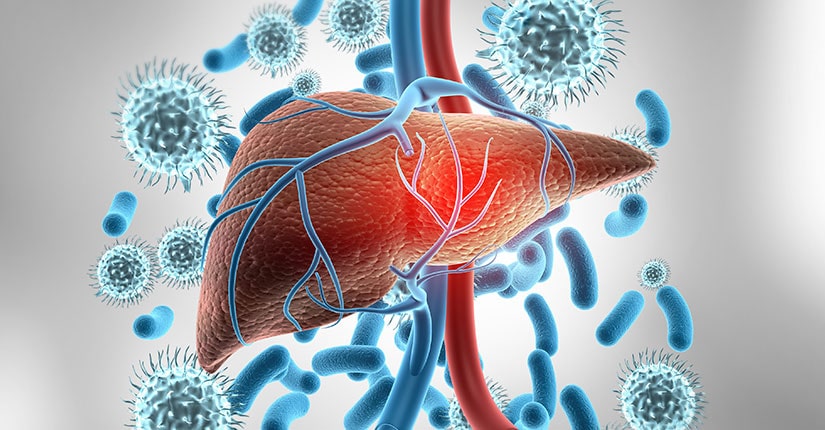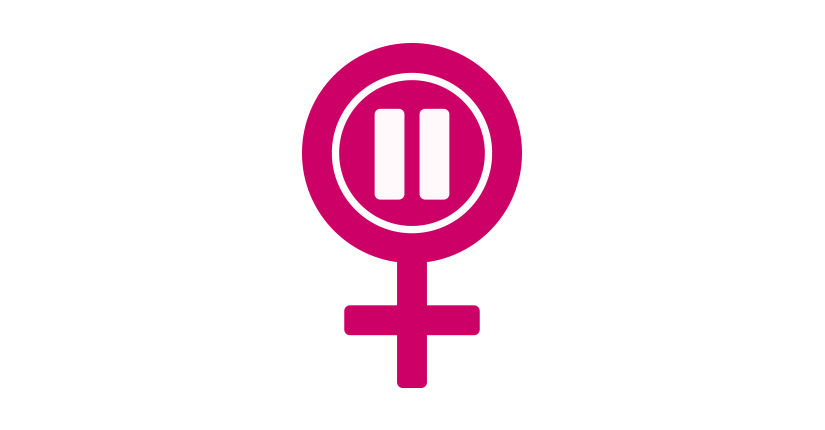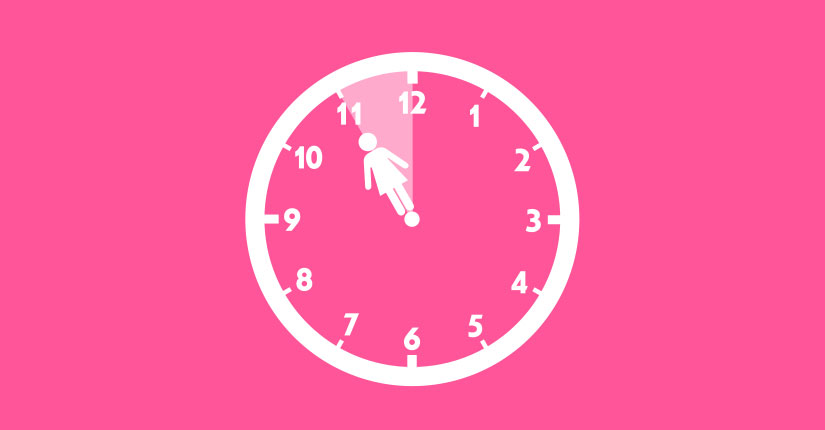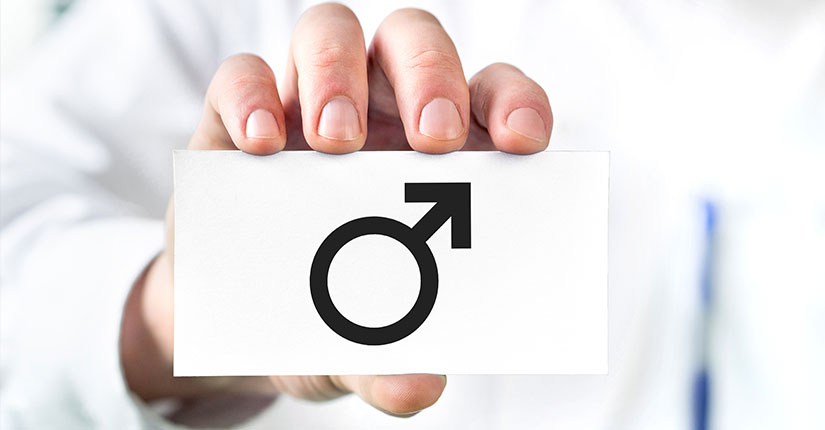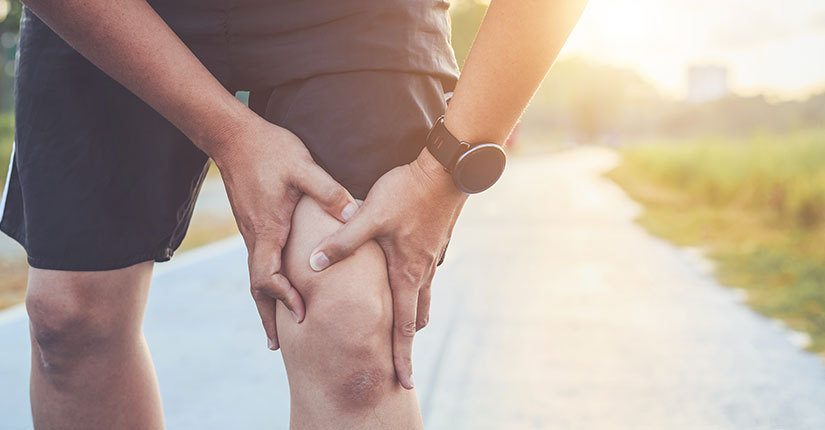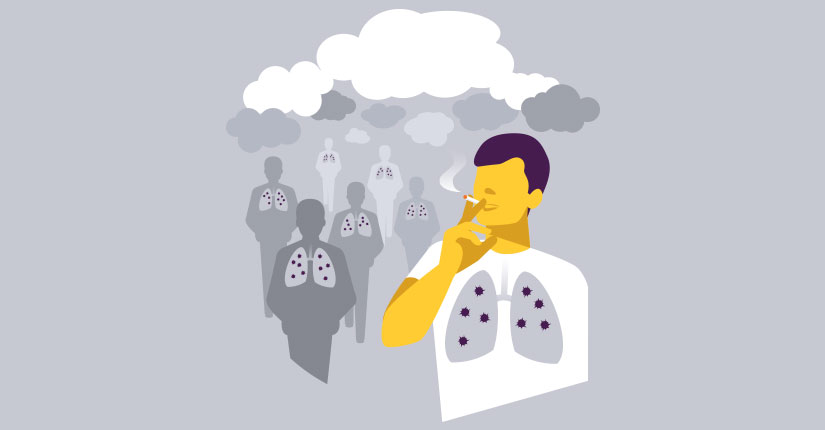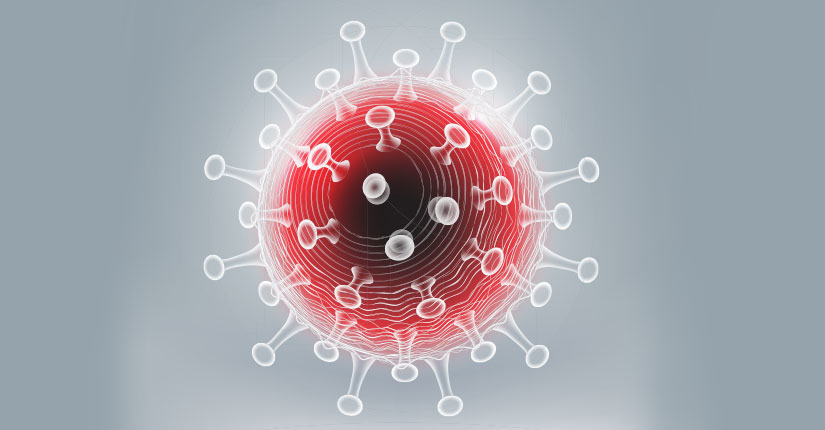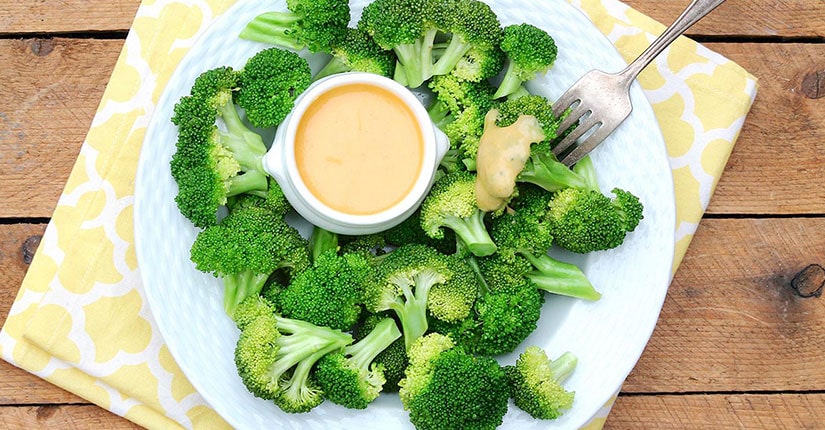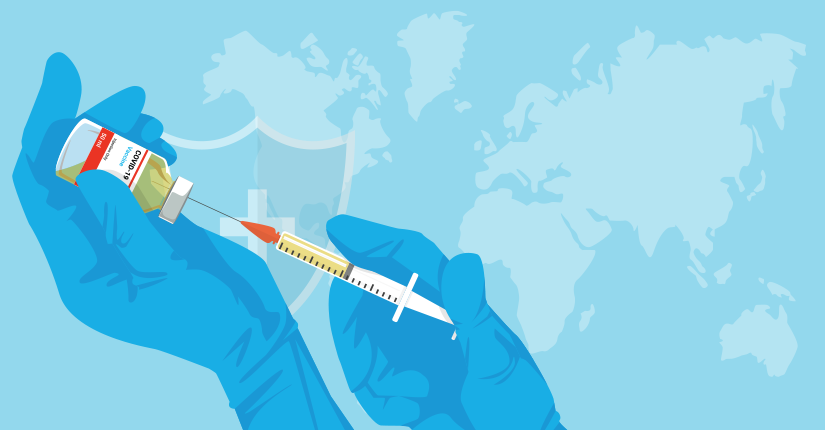Lifestyle Interventions for Managing Parkinson’s Disease
By Nmami Agarwal 11-Apr 2022 Reading Time: 4 Mins
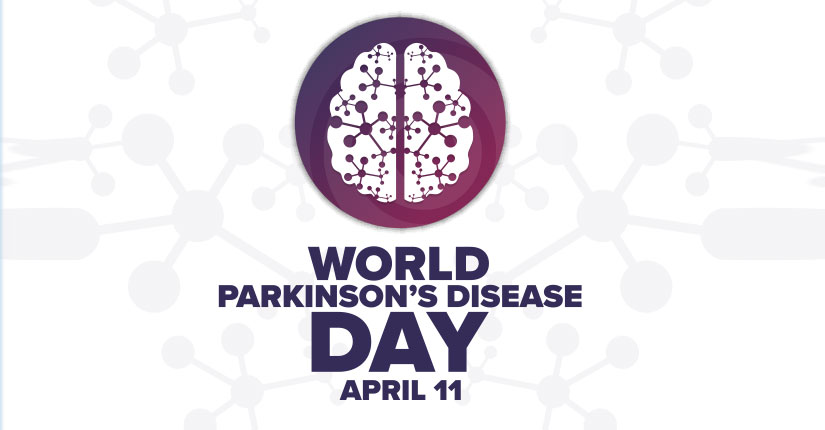
Parkinson’s disease is a disorder of the central nervous system which affects movement. It causes nerve cell damage which results in dopamine levels to drop. Dopamine is a chemical that helps send messages between nerve cells.
Its symptoms may be slow and gradual first but become very prominent in later stages. It can start with slight shaking movements in the hand, legs, or face; called tremors. But will gradually grow into slowed movement, and stiffness.
Some Symptoms of Parkinson’s Disease are:
- Stiffness in muscles
- Slow movements of arms, legs.
- Improper and unbalanced posture
- Loss of automatic movements
- Speech and writing are affected
Research shows that the symptoms of Parkinson’s Disease can be relieved by proper management and lifestyle changes.
Here Are Some Lifestyle Interventions for Managing Parkinson’s Disease:
- Good Diet – Lack of dopamine in the body can really make the symptoms worse. We can ensure a diet with good fats, nutrients and foods which have dopamine. Foods like fruits and vegetables, omega-3, nuts, dairy, unprocessed meats can really help boost dopamine. Antioxidant-rich foods can be included like dark chocolates, which help in overall brain function.
If there is little or less physical activity then we can reduce the sugar and sodium intake. It will decrease the risk of obesity, inflammation, tooth decay or blood pressure. Drinking enough water and including fibre-rich foods (whole grains, fruits) can help in digestion. Snacking on nuts or berries can promote brain function and help calm the nerves.
- Physical Activity – It is understandable that much activity is not possible. But light movements like walking can help relieve digestive difficulties. Research has shown that brisk walking can improve motor function and mood by 15%, attention by 14% and aerobic fitness by 7%.
Yoga is beneficial for all despite their health condition or age. It is said to be therapeutic and helps relieve the symptoms of Parkinson’s Disease. It also induces more dopamine production as a movement always makes the brain happy. It helps in stability, limb-mobility and strength, and balance.
Physiotherapy is often advised as it minimises the deterioration of balance, strength and endurance. Both yoga and physiotherapy can increase flexibility.
- Meditation- Mindfulness can really help people to deal with their negative thoughts. Not only the external treatments but good mental health can also make life manageable. We often tend to look at the negative sides and become more restless in these difficult times. But practising gratitude and mindfulness can decrease anxiety and depression. Exercises like deep breathing or concentrated positive thought and affirmations can help calm the mind and increase concentration. Furthermore, increasing motor stability.
Try sitting in a quiet place, take deep breaths and make your mind more conscious of its good health. If it wanders, then bring it back to the breathing rhythms. One can also practice guided meditation with their therapist.
Footnote:
The medications or therapies alone can seem to be too much to handle. But practising these lifestyle interventions can really relieve the symptoms.

